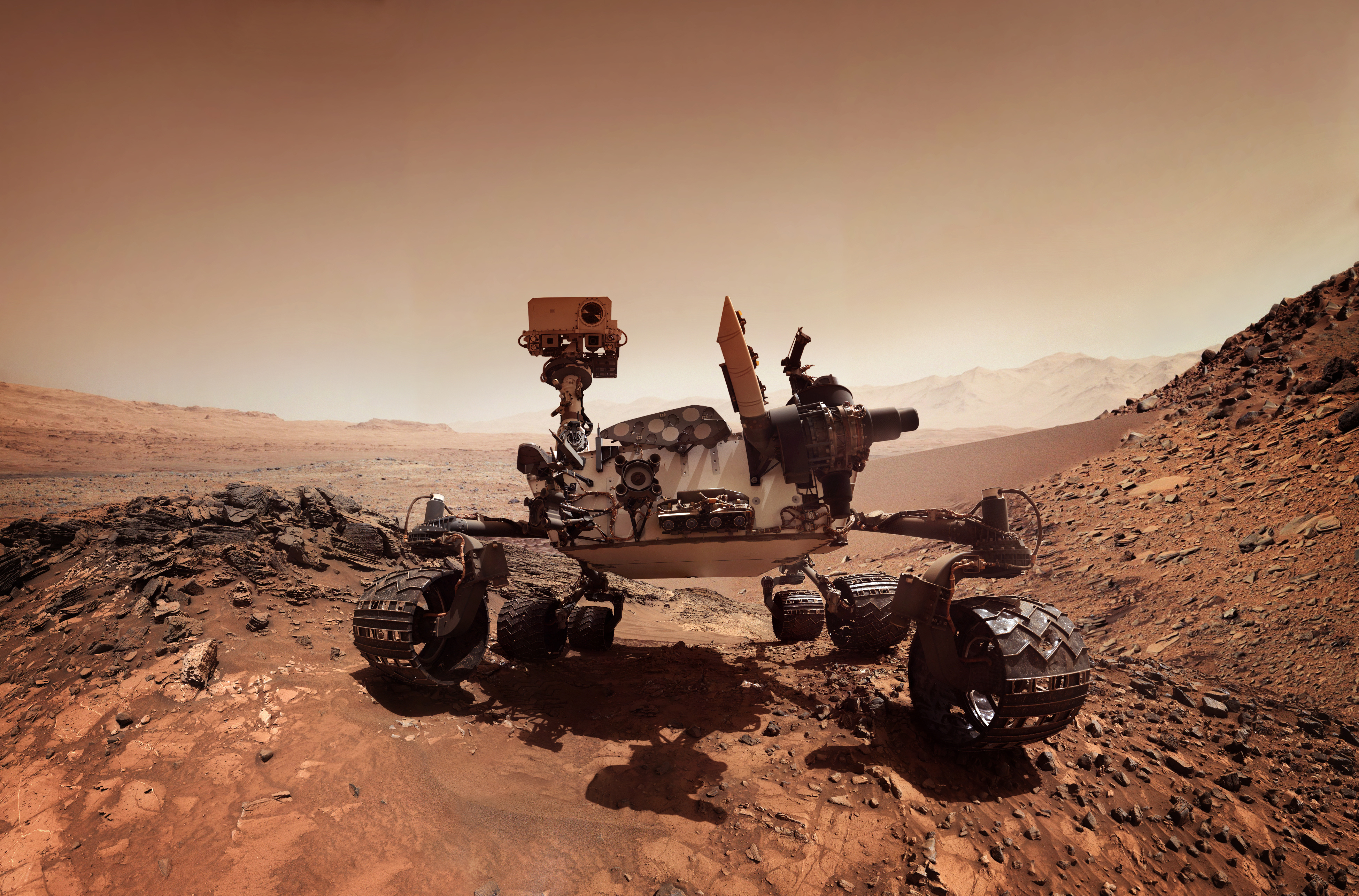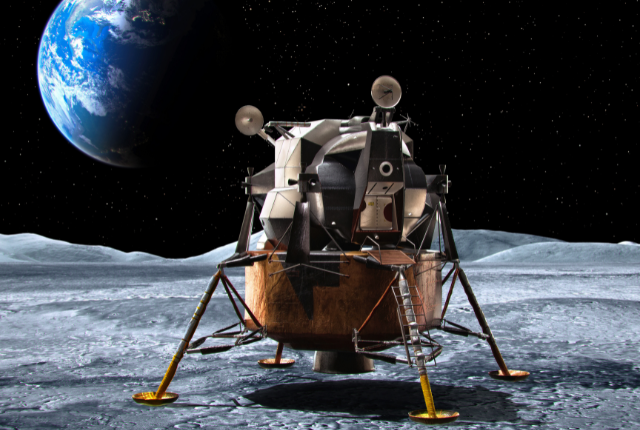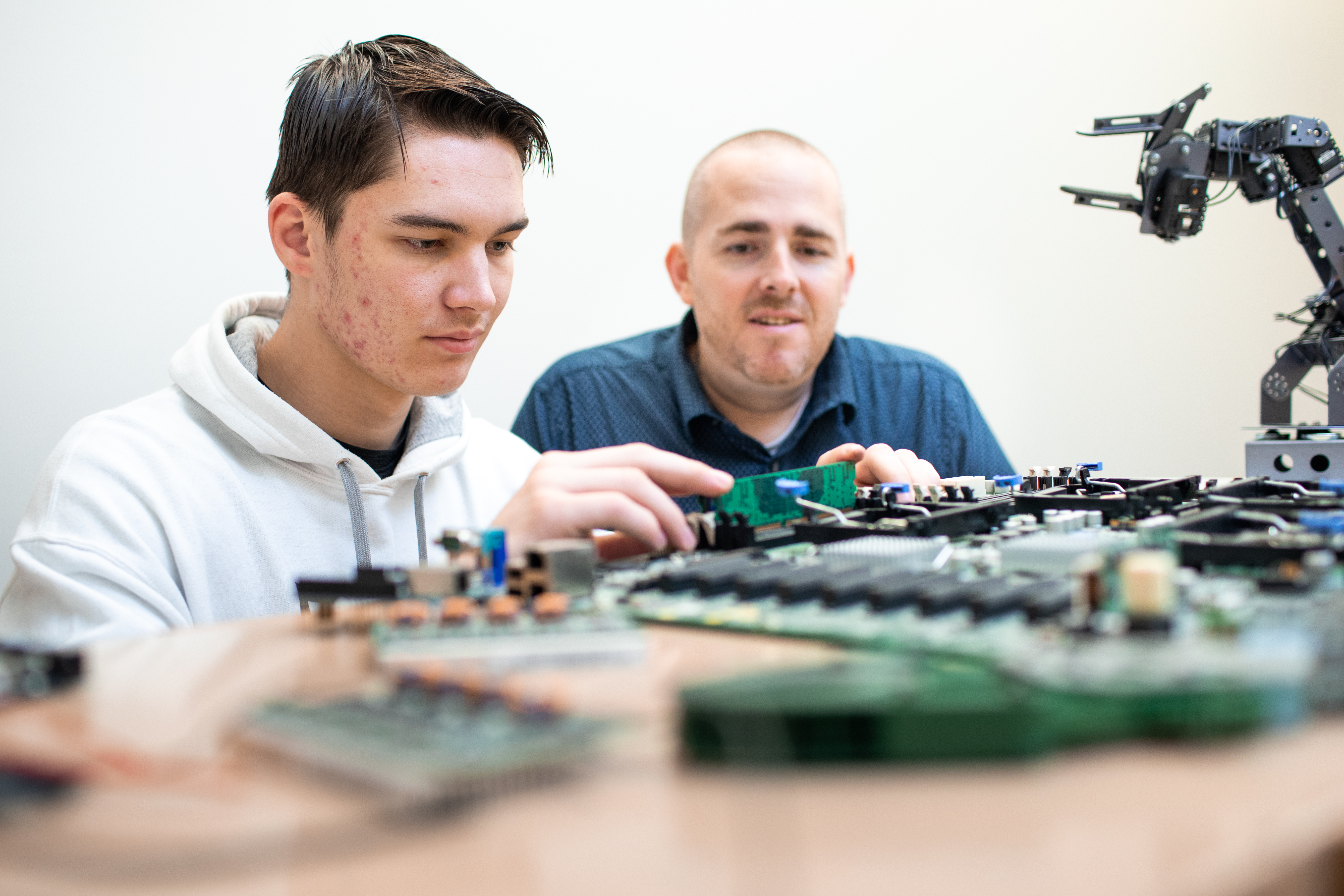How Robots Are Pioneering Space Exploration
November 27, 2023Space exploration has long been the domain of daring astronauts and sophisticated spacecraft. However, in recent years, a new breed of explorers has emerged, one that transcends human limitations to venture boldly into the unknown — robots.
Robots offer unparalleled resilience, unmatchable precision, and evolving autonomy, positioning them as indispensable tools in the future of space exploration. Not merely symbols of human curiosity, they serve as interstellar ambassadors that are venturing into the depths of the universe to gather invaluable scientific data and pave the way for future space discovery.
Robotic Rovers
The Martian landscape is a barren and unforgiving world, offering a hostile environment for potential human explorers. But the terrain has been regularly traveled by robotic rovers like Curiosity and Perseverance, and it may soon be studied by robotic earthworms that can dig into the soil to both analyze its composition and protect itself from harsh conditions. These robotic explorers are equipped with an array of sophisticated instruments that enable them to study the planet's geology and chemistry, as well as look for signs of past or present life.
Rovers have been key to uncovering the secrets of Mars' ancient past, providing clues about the planet's evolution and the potential for extraterrestrial life. This exploration has expanded our understanding of our own planet and is offering new ideas on how we can explore the cosmos.
Robotic Landers
Robotic landers, such as the InSight lander that recently concluded probing Mars' interior, excel at landing on alien surfaces. Similar to rovers, landers provide critical insights into the composition and structure of other worlds.
Landers offer delicate descent and incredible stability, enabling them to touch down on uncharted territories, conducting in-depth examinations of soil, rock formations, and atmospheric conditions. Their findings have revolutionized our understanding of the geology of nearby planets and comets, helping to reveal secrets buried beneath the surface.
Robotic Orbiters
Orbiters continuously circle celestial bodies like planets and moons, gathering critical data about objects beyond the reach of humans. Notably, the Mars Reconnaissance Orbiter and the Lunar Reconnaissance Orbiter their observations contributing significantly to our understanding of Mars and the Moon.
Their high-resolution cameras capture stunning images, revealing intricate surface features, while their sophisticated instruments analyze atmospheric composition, geological formations, and even collect trash. This continuous stream of data fuels our understanding of planetary evolution, the potential for extraterrestrial life, and the cosmic processes that shape our universe.
Robotic Manipulators
Manipulators effectively act as robotic hands in space, extending human capabilities beyond our physical reach. The Canadarm2 used on the International Space Station and the robotic arm on the Perseverance rover demonstrate the dexterity and precision of these robotic appendages. NASA’s co-development of a humanoid robot may one day act as avatars that human pilots can control from a distance.
Their remarkable maneuverability and precision allow them to perform delicate operations, such as repairing spacecraft and satellites, collecting samples, and conducting intricate scientific investigations. They offer incredible reliability and dexterity, helping humans complete a wide range of tasks from a distance.
The Future of Robots in Space Exploration
As technological advancements continue to propel the field of robotics, their role in space exploration will continue to expand. Robots offer incredible potential to unlock new frontiers, enable groundbreaking scientific discoveries, and deepen our comprehension of the cosmos. A primary focus is on making these robots more autonomous, improving their decision-making, and more adaptable to unexpected conditions.
Robots are expected to venture further into the depths of space to explore distant moons, asteroids, and planets. With Mars as the next frontier, they are positioned to construct habitats, extract resources, and conduct reconnaissance missions. This work is critical to understanding if and how human settlements in other worlds may be possible.
No matter their mission, robotic explorers will reshape our understanding of the universe, not as distant observers but as active participants in space exploration.
Explore Your Robotics Career at Capitol Tech
Capitol Technology University’s programs in Aviation and Astronautical Sciences and Unmanned Systems can prepare you to create the next generation of space robots and break through the boundaries of human curiosity. For more information, contact our Admissions team at admissions@captechu.edu.





